Gout
We’ll Help You Walk Comfortably Again at Vale Foot and Ankle
Gout isn’t just foot pain; it’s like your big toe is on fire. This form of arthritis shows up without warning, with intense swelling and sensitivity that makes it hard to walk, work or even sleep. At Vale Foot and Ankle, we treat both sudden flares and long-term management of gout so you can stay active and prevent future joint damage.
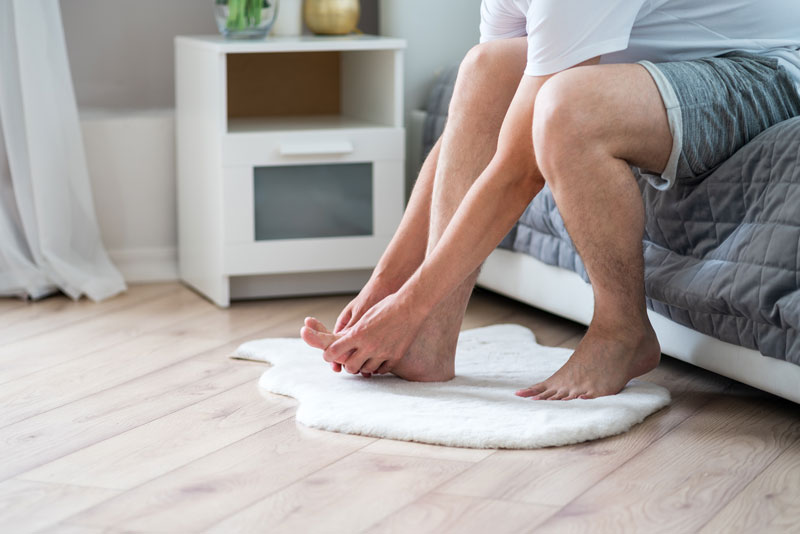
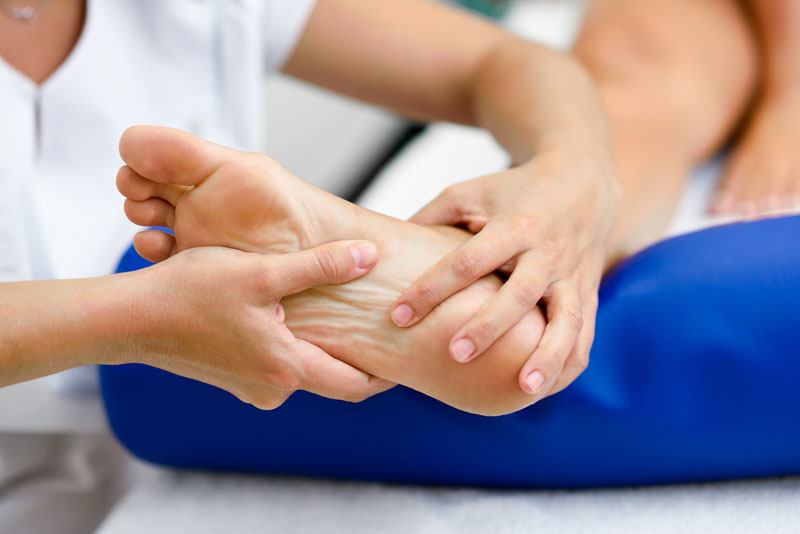
What is Gout?
Gout occurs when your body has too much uric acid. That uric acid creates needle-like crystals that deposit into joints, typically the big toe, and cause acute inflammation. It’s a type of arthritis, but unlike gradual wear-and-tear types, gout attacks fast and hard.
Uric acid is a result of the disintegration of purines present in certain foods as well as naturally within your own body. When your body overproduces or does not get rid of it sufficiently, those levels are increased and crystals start to develop.
What Does a Gout Flare Feel Like?
Common Symptoms
You know, if you’ve had one, gout pain isn’t humorous. Here are typical symptoms:
- Sudden and severe joint pain (most commonly the big toe)
- Swelling, redness, and heat
- Worsening pain over a period of several hours
- Extreme tenderness, even a bed sheet over your toe, aches
- Stiffness or restricted movement
Sometimes the joint will ache for weeks or days following the worst of the pain has subsided.
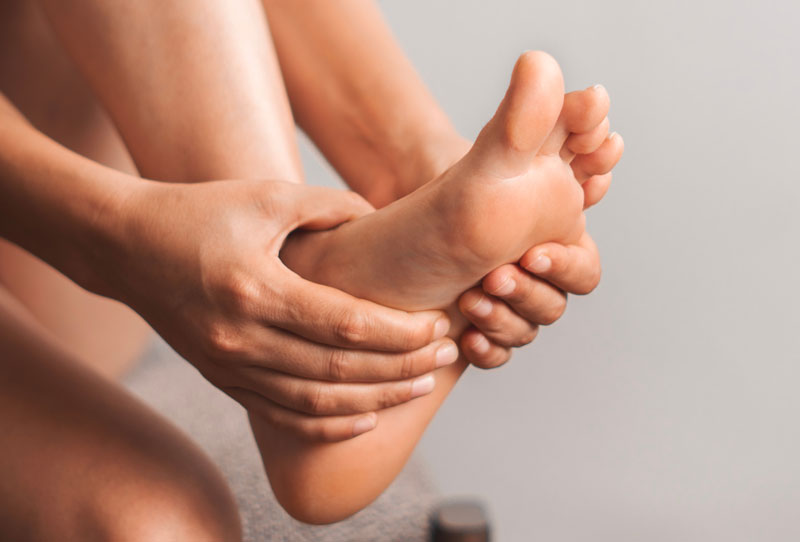

What Leads to Gout?
Gout is hereditary, but it is also influenced by lifestyle and health factors. Some of the most frequent culprits are:
- Red meat, seafood, and organ meats (foods with high purines)
- Alcohol, especially beer
- Soda or drinks with high fructose corn syrup
- Obesity or rapid weight gain
- Certain medications (like diuretics)
- Dehydration
- Kidney problems
Knowing your personal triggers can help reduce the frequency of future attacks.
How We Diagnose Gout at Vale Foot and Ankle
If you are having symptoms of joint pain, especially in the ankle or foot, we start with a thorough evaluation. That may include:
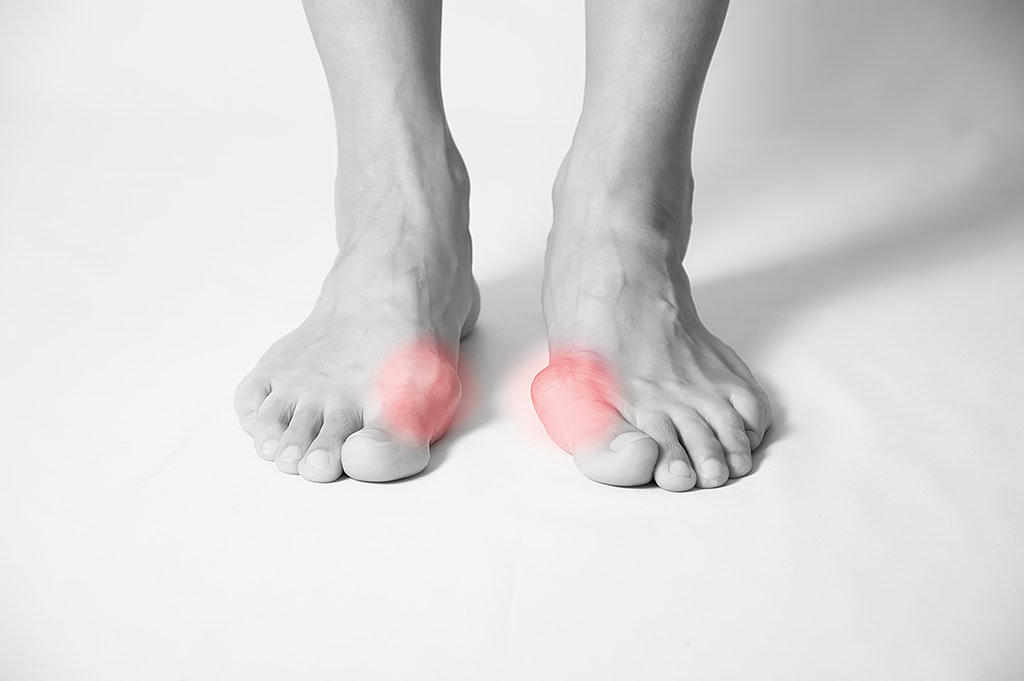
- A review of your symptoms, medical history, and diet
- A physical exam of the swelling, heat, and range of motion of the joint
- Blood tests to analyze uric acid levels (which may not always be higher during a flare)
- Analysis of joint fluid to confirm crystal buildup, if needed
- X-rays or ultrasound to check for joint damage or other issues in the long term
We want to confirm the diagnosis and rule out anything else that could be pretending to be gout, for example, an infection or other types of arthritis.
Gout Treatment: What Are Your Options?
Fast Relief for Gout Flares
When a flare hits, we’ll focus on calming things down quickly. Common treatments include:
- Anti-inflammatories (NSAIDs) like ibuprofen
- Colchicine, which works best when taken early in a flare
- Steroids, either by mouth or injection
- Rest, elevation, and ice to reduce swelling
We’ll also help you stay comfortable while the inflammation settles down.
Long-Term Management and Prevention
To avoid repeat attacks and protect your joints, we look at:
- Medications to lower uric acid (like allopurinol or febuxostat)
- Lifestyle guidance around food, alcohol, hydration, and weight
- Custom orthotics or shoe advice if joint damage is affecting the way you walk
- Ongoing monitoring of uric acid levels and symptom patterns
Some people need medication long-term; others manage with diet and lifestyle changes.
Don’t Wait Until the Next Flare
If your big toe is swollen, red, or suddenly painful, it might be gout, and getting the right care early makes a big difference. Contact us at Vale Foot and Ankle today to get started with gout treatment that helps you feel better now and avoid future joint problems.If your big toe is swollen, red, or suddenly painful, it might be gout, and getting the right care early makes a big difference. Contact us at Vale Foot and Ankle today to get started with gout treatment that helps you feel better now and avoid future joint problems.
What Happens If Gout Goes Untreated?
Without proper treatment, gout can become more frequent and lead to:
- Joint damage and deformity
- Chronic arthritis
- Bumps under the skin called tophi (collections of uric acid crystals)
- Kidney stones or kidney disease
Even if your first flare goes away, it’s important to get evaluated to prevent long-term problems.
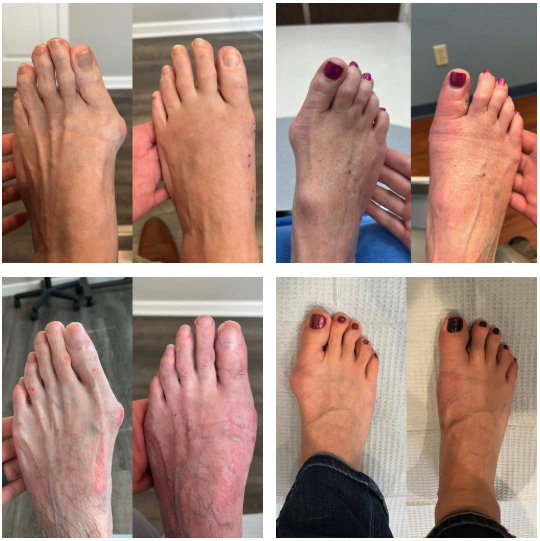
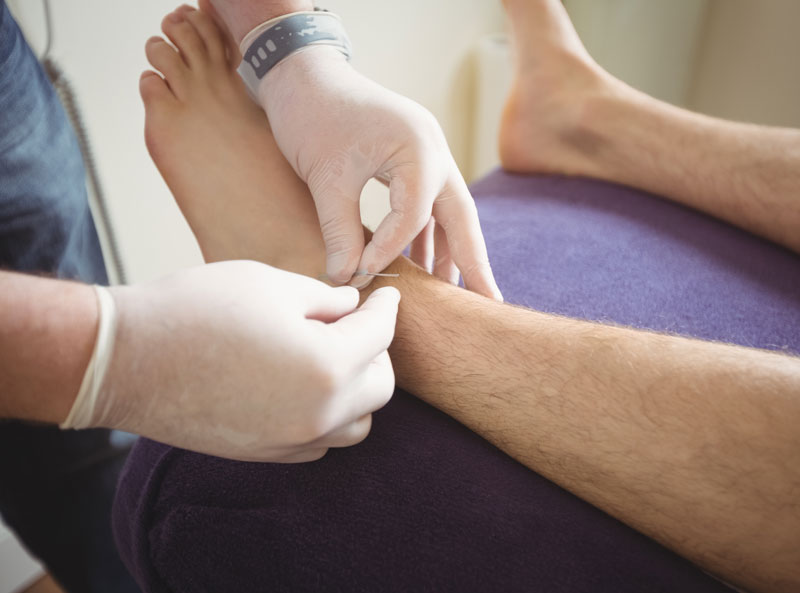
Surgical Options for Chronic Gout
At Vale Foot and Ankle, we specialise in surgical care when gout has caused joint destruction, persistent deformity, or tophi (visible uric acid deposits). Surgical options include:
- Debridement to remove crystal deposits and damaged tissue
- Fusion to stabilise severely damaged joints
- Excision of tophi when they are causing movement or ulcerating the skin
- Realignment or reconstruction to restore balance and function in the foot
Surgical care is tailored to your individual needs and performed by experienced foot and ankle surgeons who know how to preserve as much mobility and comfort as possible.
Why Patients Trust Vale Foot and Ankle for Gout Treatment
Specialized Care for Your Feet, Ankles, and Lifestyle
We only focus on foot and ankle care, so we know how gout affects movement, balance, and daily comfort. Whether it’s your first flare or you’ve been dealing with this for years, we’ll create a plan that fits your lifestyle and keeps your joints healthy. We also offer surgical solutions if gout has caused long-term joint damage.

Latest Posts

Is Bunion Surgery Painful? What to Expect Before, During, and After Surgery
Bunion surgery can be painful during recovery, but each individual’s pain can look very different

Stem Cell Injections for Plantar Fasciitis: What to Know Before You Decide
Plantar fasciitis is one condition that tends to disappear into the background, until it doesn’t.

Does Insurance Cover a Podiatrist Visit in Connecticut?
If you are dealing with foot pain or an ankle issue, the last thing you
